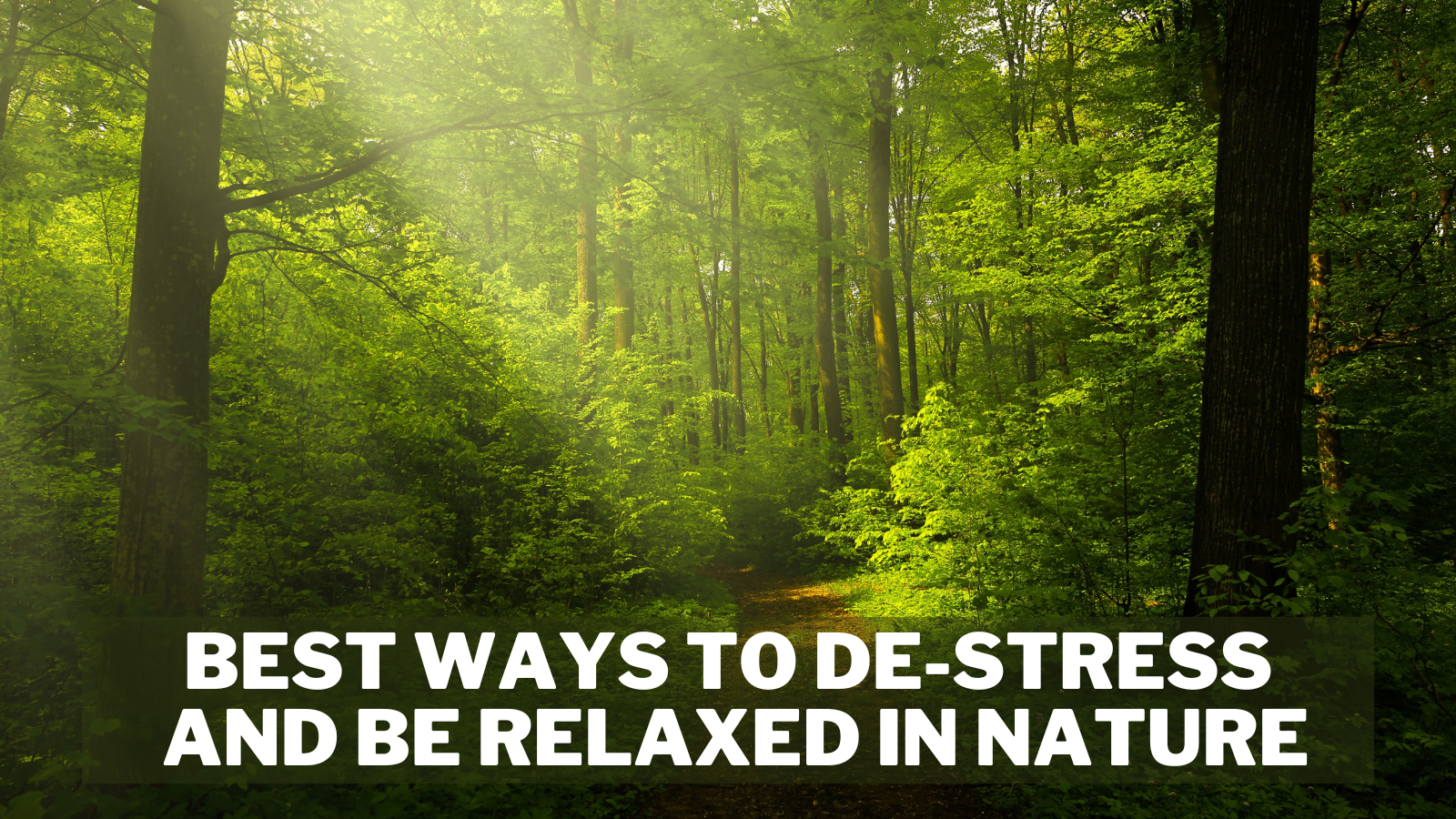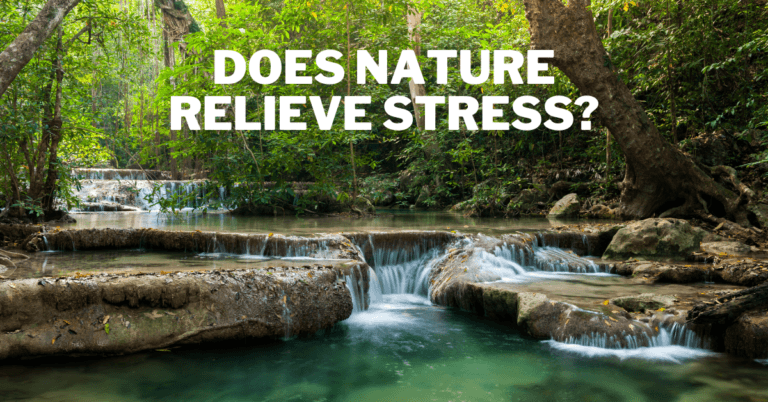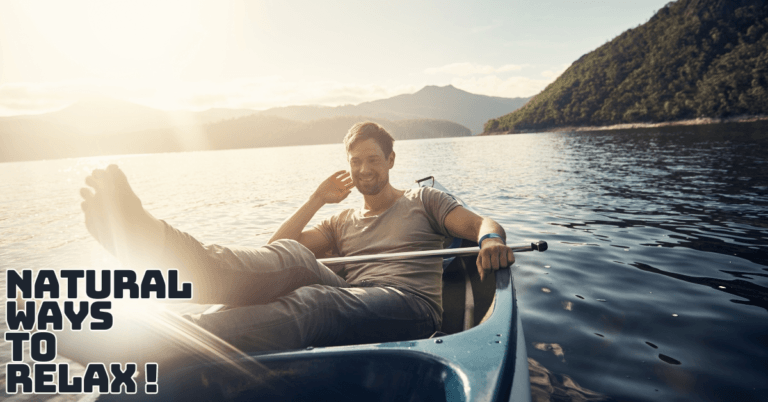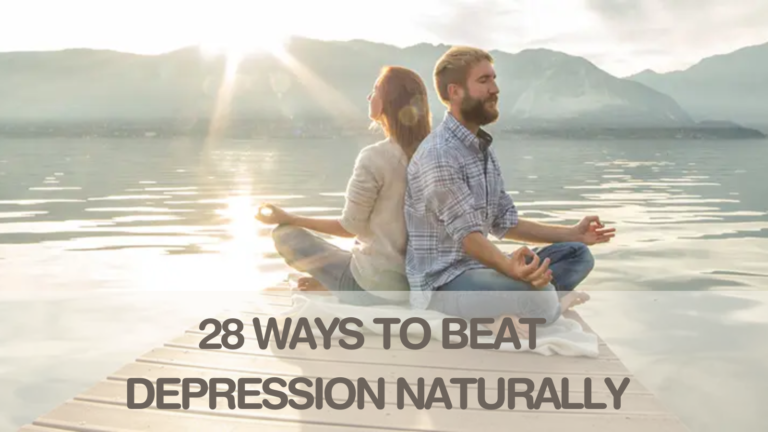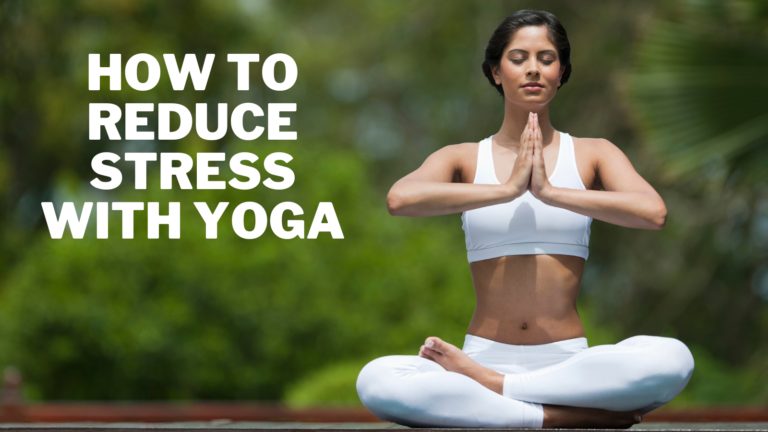Best Ways To De-Stress And Be Relaxed In Nature
Best Ways To De-Stress And Be Relaxed In Nature
Spending time in nature can improve your health and well-being. But, how you spend time out in nature can affect how much your physical, emotional and mental health will benefit.
If you’re getting outside to relax, relieve stress or anxiety, focus your mind or improve your health and well-being, try some of these tips to make it a more conscious experience.
There are undeniable benefits for your mental health when you spend time in nature, such as lower stress and better memory.
But if you’re usually glued to a screen – phone, computer or any other kind – you may have forgotten exactly how relaxing in nature works.
Don’t give up; hug a tree or two before heading home. There are plenty of other ways to immerse yourself in nature and have fun while you’re doing it. You’ll be taking steps to manage stress, too.
Are you glued to a phone, computer, tablet or another screen most of the day? It’s time to take a break, unplug and head outdoors. Connecting with nature is healing.
Have you ever heard of the phrase “forest bathing?” It means simply being in nature and getting much attention because of the mental and physical health benefits.
Studies have shown that taking time to unplug and be outside, with no goal beyond just experiencing the world around you, positively affects your well-being.
Spending time in nature can improve memory, lower stress hormones, and reduce feelings of depression or anxiety, among other perks.
Being in nature can help clear your head and bring you into the present moment, and is a great way to de-stress and relax.
There’s no doubt that today’s modern lifestyle can be stressful. Between work, family, and social obligations, it can be hard to make time for yourself. But it’s important to find the time.
Relaxing can help keep you healthy, in both your body and mind, helping you recover from life's everyday stresses.
Luckily, no matter how busy you are, learning how to create time for chilling and relaxing is simple.
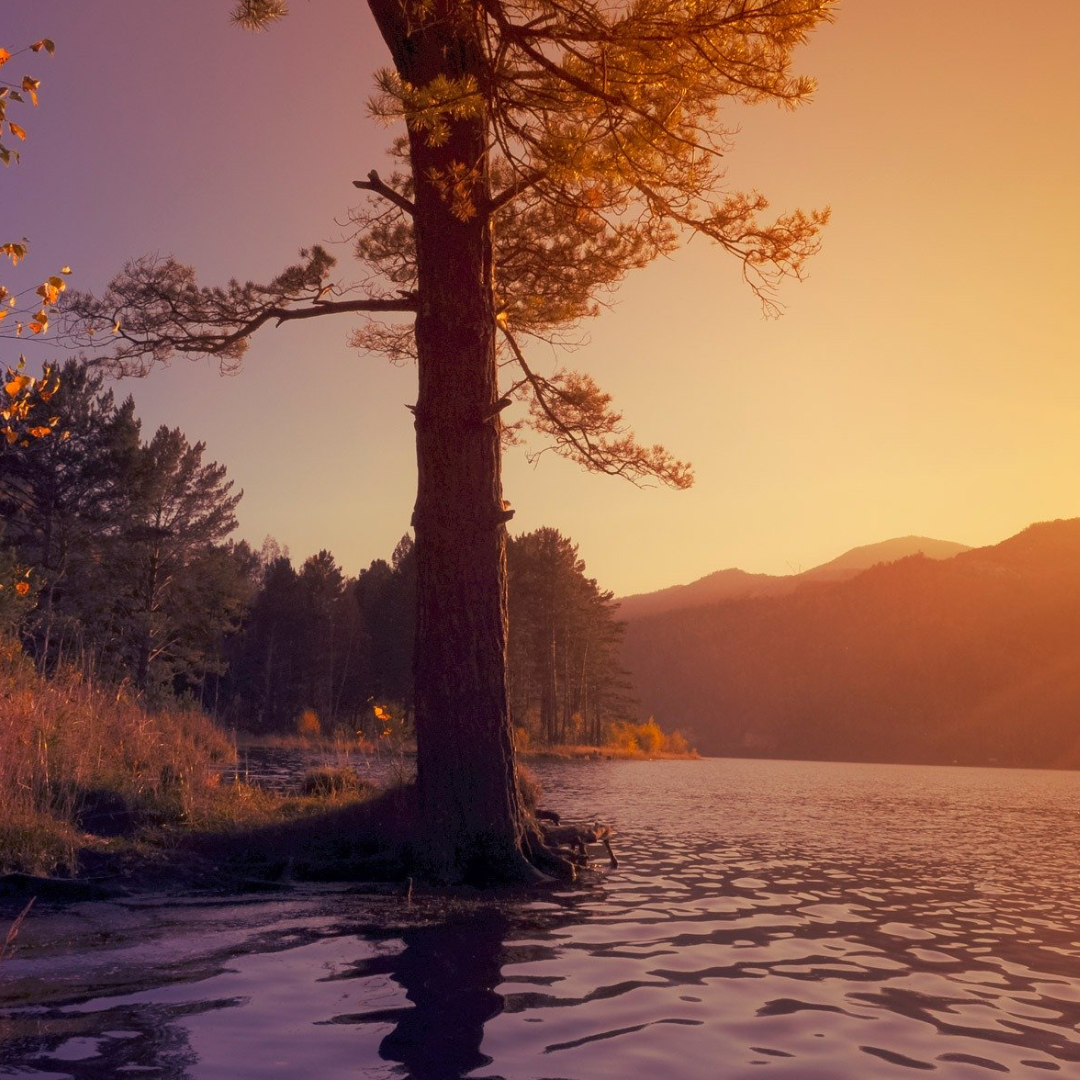
Why Nature Is Good For Us
Nature is good for us because we have to live in it, give back to it, and take care of it. It's also a great way to relieve stress and anxiety.
Spending time out in nature has proven benefits for your mental health. The sounds and sights of nature can be calming.
When you’re outside, pay attention to what you hear and see. Notice how the wind moves leaves on the ground or listen to the birds singing as they fly overhead.
You might see something that catches your eye or hear something that makes you stop and appreciate nature.
Breathing deeply helps calm your mind, relieves stress and helps with memory skills. When you feel anxious or stressed, take a few deep breaths before moving on.
Take a break from technology when spending time outside in nature to be fully present with what's happening around you instead of worrying about anything else (or everything else).
Don't rush into Mother Nature to get some peace – slow down and enjoy each step so that all the senses can enjoy what's happening around them, too. After all, movement is a key element of mindfulness in general.
There are plenty of reasons why nature is good for you. It’s a great place to relax, relieve stress, and find peace and tranquillity. It’s also a way to connect with yourself, others, the earth, and God.
Nature is good for you because it can improve your mental and physical health, reduce your risk of heart disease, lower your blood pressure and decrease anxiety levels. There are many other benefits as well. The first step in enjoying nature is getting out there.
Just 30 minutes outside of the city can make all the difference in how rejuvenated you feel from time spent on the outside.
Find some time to be outdoors this weekend and make it an intentional experience that will help you relax and build healthy habits for life.
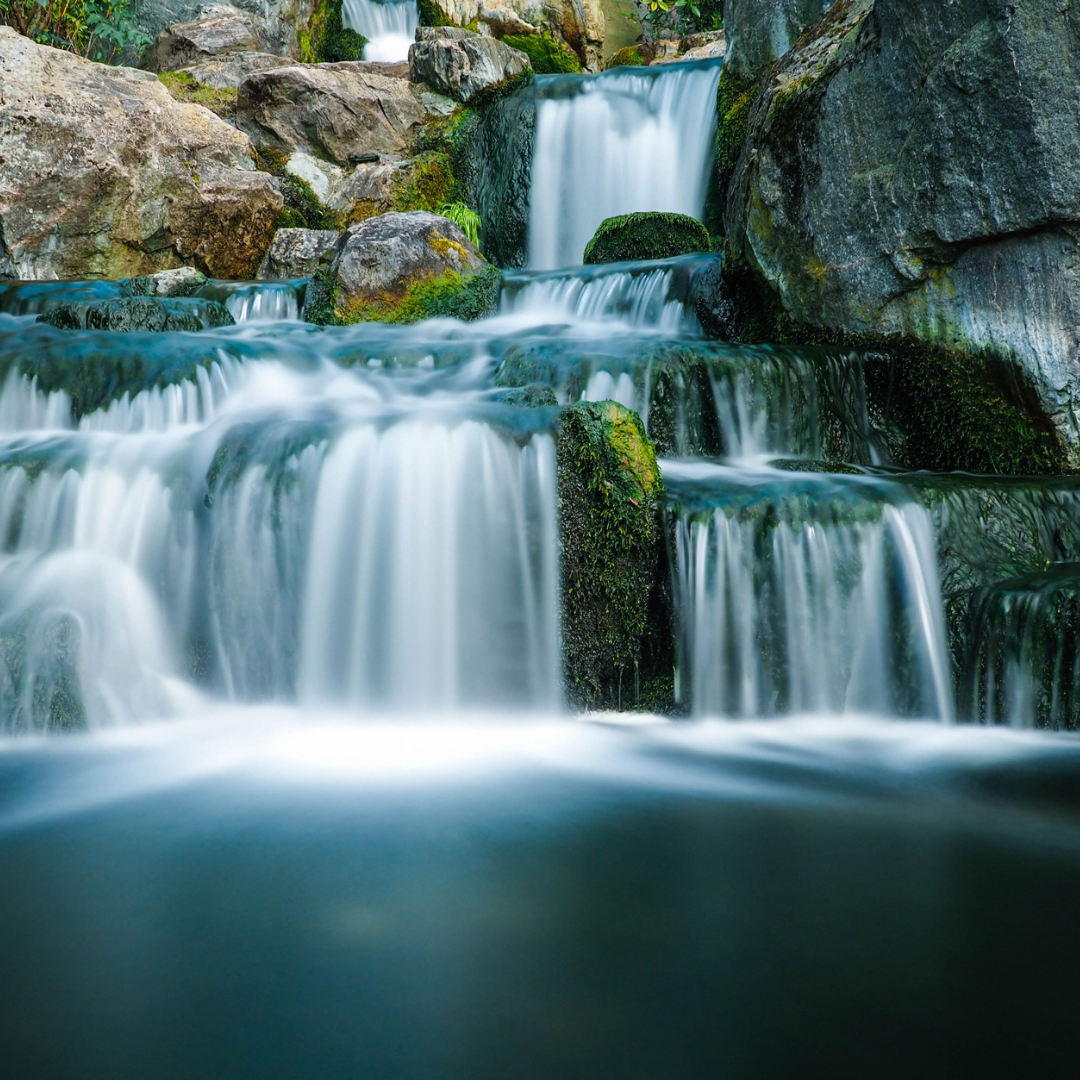
Ways To De-Stress In The Natural World
Here are some tips to help you de-stress in the natural world:
- Find a quiet spot in nature. Take a walk, go for a swim or sit by the water.
- Leave your phone and other distractions at home.
- Listen to nature. Remove your earphones and listen to the sounds of nature.
The natural world is a great place to spend some time, but finding peace in the environment can be hard.
It’s easy to forget that you don’t have to take your mind elsewhere when you take a moment in nature so you can focus on being there. Here are some tips for how to de-stress while you’re out and about in the natural world:
- Put down your phone and find something else to focus on other than yourself – this can be as simple as staying still and listening to the sounds of nature or getting closer to those around you.
- Take a walk – while walking helps reduce stress levels, it also improves moods and sleep patterns. Walking outdoors will give you an even bigger mood boost than indoors because of the different aromas and sights around you.
- Breathe deeply – inhaling oxygen helps control your nervous system and keeps things under control during stressful times. This breathing technique has been proven effective in panic attacks, depression, anxiety and even post-traumatic stress disorder (PTSD).
- Allow yourself time in nature without anything else. If you have time before work or class, get outside for a minute without any distractions and enjoy being in nature without any worries.
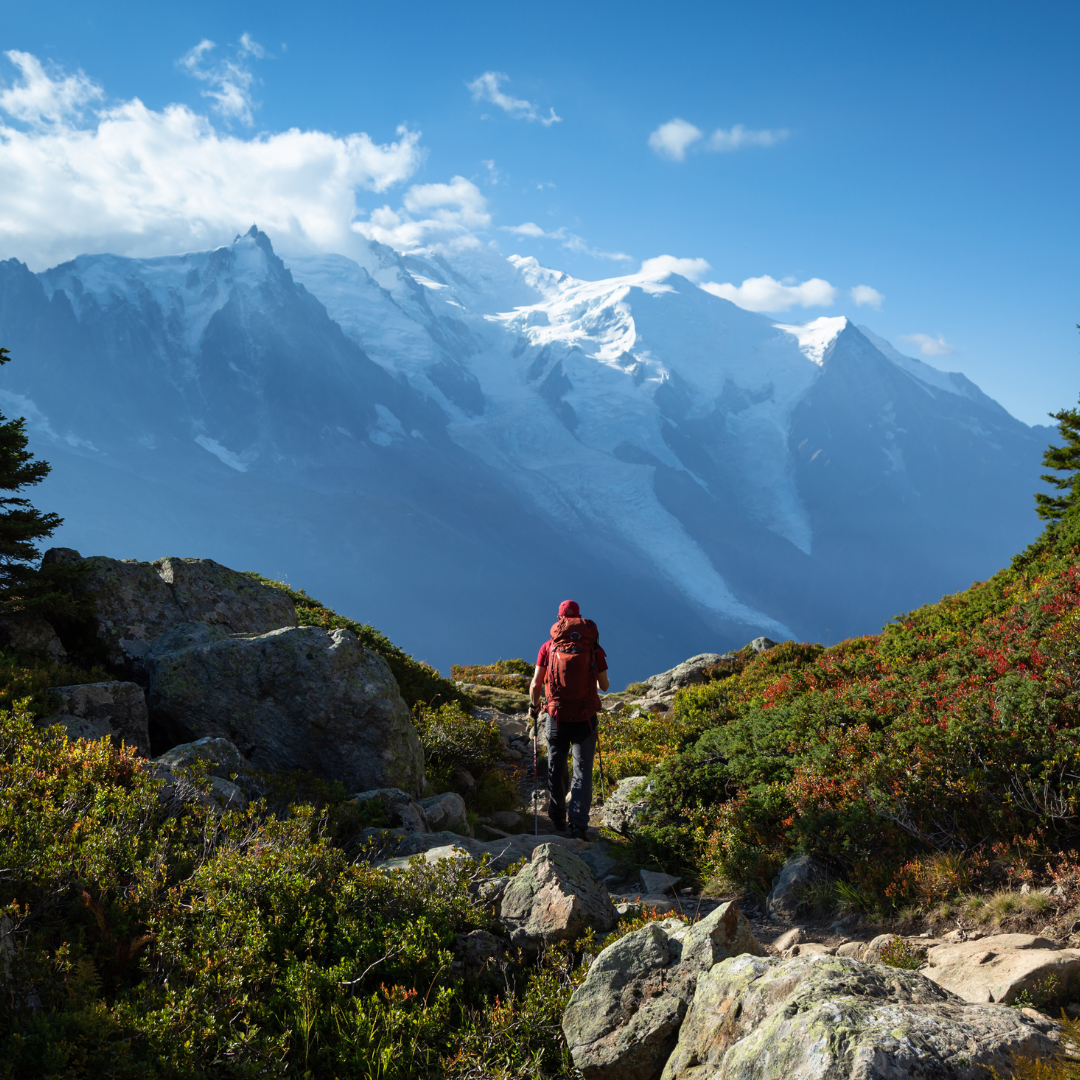
1. Hiking, Camping, And Rafting In The Mountains
If you’re looking for a stress-relieving activity in nature, try hiking, camping or rafting. These activities allow you to enjoy the great outdoors without worrying about work or other responsibilities.
These activities also offer you a break from artificial lights and noise. Being around natural light can help reduce anxiety and improve sleep quality by promoting calmness and relaxation.
One of the best ways to unwind and find peace in nature is hiking, camping, and rafting. If you’re unfamiliar with these activities, you may have a different idea of these terms.
Hiking means going on a trail where your feet are the only part of your body that touches the ground as you walk.
Camping typically means staying outdoors in tents or other accommodations like vans. And rafting can be done on water or land. These three activities can benefit those who choose to do them.
Hiking offers great exercise benefits to its participants: it increases cardiovascular health, helps build muscle mass, aids weight loss, decreases body fat and blood pressure, lowers stress levels and boosts energy levels.
Camping offers an opportunity to disconnect from technology while being close enough to civilization that you don’t have to worry about getting lost or running out of food or water.
And rafting can offer a unique outdoor experience when it's done on land not yet fully developed for commercial purposes (think riverside property).
Rafting is a one-of-a-kind adventure with plenty of positive effects on your mental, physical and emotional health because it combines all three activities into one unique experience.
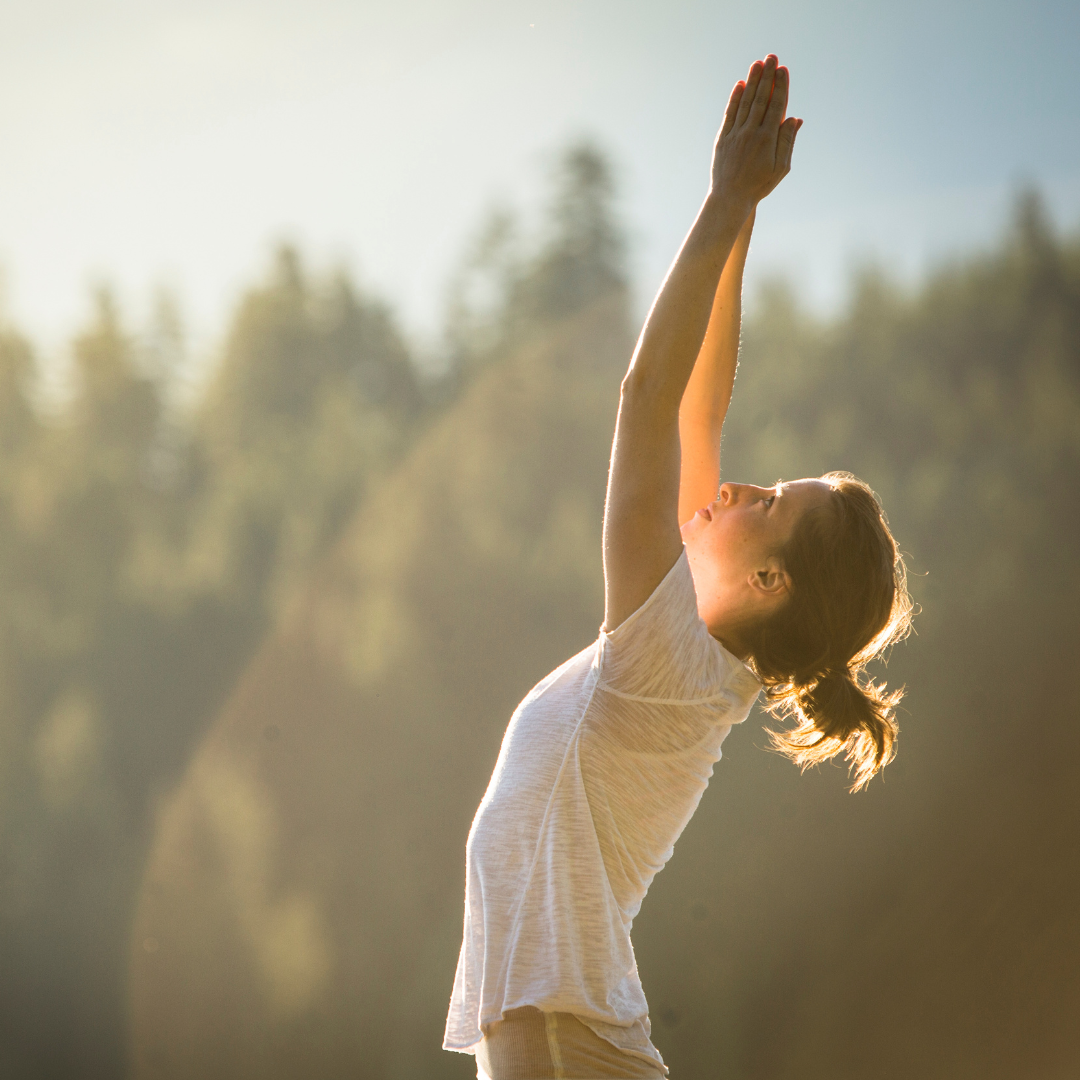
2. Yoga And Meditation In Nature
Many people find yoga and meditation great ways to close their eyes, clear their minds, and get peace of mind. If you’re looking for a way to relax, try some of these tips.
Yoga
I love to practice yoga outdoors. It is so calming and relaxing.
Meditation
Find a quiet place outside and sit on the ground. Listen to nature and breathe in the beauty that surrounds you.
Nature Walks
The grass is always greener on the other side. Walk in a nearby park or the woods. Spending time in nature can help you be more mindful, but it’s not just about being outside.
Yoga and meditation are techniques that can help improve your mental health. They can also benefit physical health by improving blood circulation and reducing pain.
If you’re new to yoga or meditation or have trouble focusing during your practice, try doing it in nature instead of in a studio. You might find it easier to do because there will be fewer distractions than at home.
If you feel stress getting the better of you, take a walk and try some of these easy breathing exercises.
Start by inhaling deeply through your nose for four seconds, then exhale deeply through your mouth for four seconds.
Repeat this cycle three times while walking briskly and focus on the feeling of air moving in and out of your lungs. This will relax you and give you more energy, too.
Yoga and meditation are great ways to relax in nature. Yoga is a great activity, but finding a friend or partner who shares your interest in yoga and can help you take your practice outside is also a good idea.
Meditation has been proven to reduce stress, anxiety and depression, so it’s an excellent way to meditate in nature.
A quiet walk through the woods or along the river can be perfect for you and your companion to take deep breaths and clear your mind.
If you want something more active, try hiking together or hopping from tree to tree at the park. Find what works best for you and get outdoors.
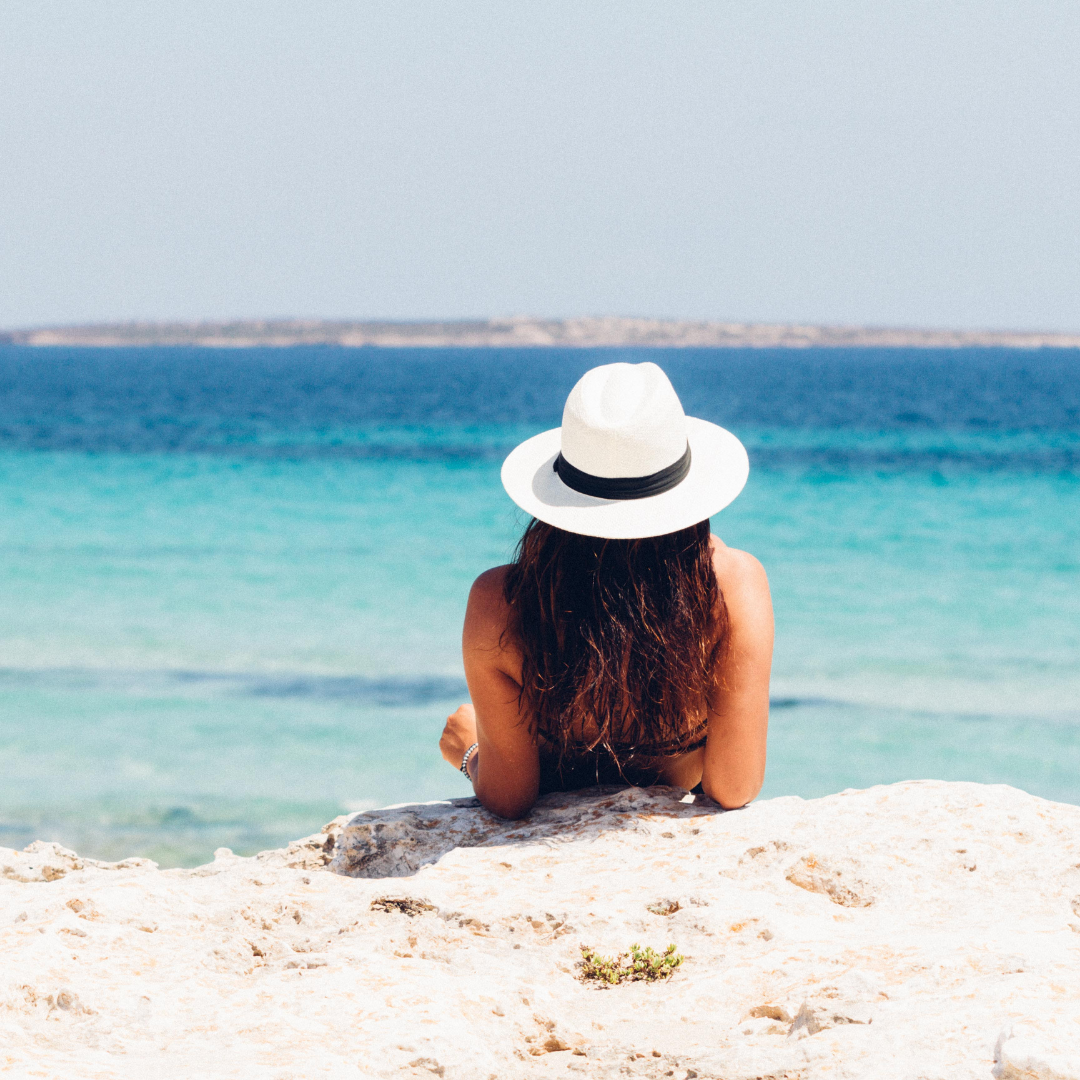
3. Beach And River Day
Pack your swimsuit and sunscreen if you’re ready for a beach day. If it’s not too cold, there’s nothing better than spending time at the beach.
Find a non-touristy beach or an empty patch of sand, or get to the shore and watch an ocean sunset.
Spending some time outdoors is a great way to de-stress, but if you’re unsure how to spend your time, why not try a day at the beach or by the river?
With these activities, you don’t have to worry about being elsewhere. It doesn’t require a lot of planning or preparation and can be done with minimal expense.
You might enjoy this option if you're looking for a low-key, relaxing, fun activity on the beach or by the river.
This will give you time to do whatever you want without worrying about work, obligations or other distractions. You can enjoy the day in nature without pressure or unmet expectations.
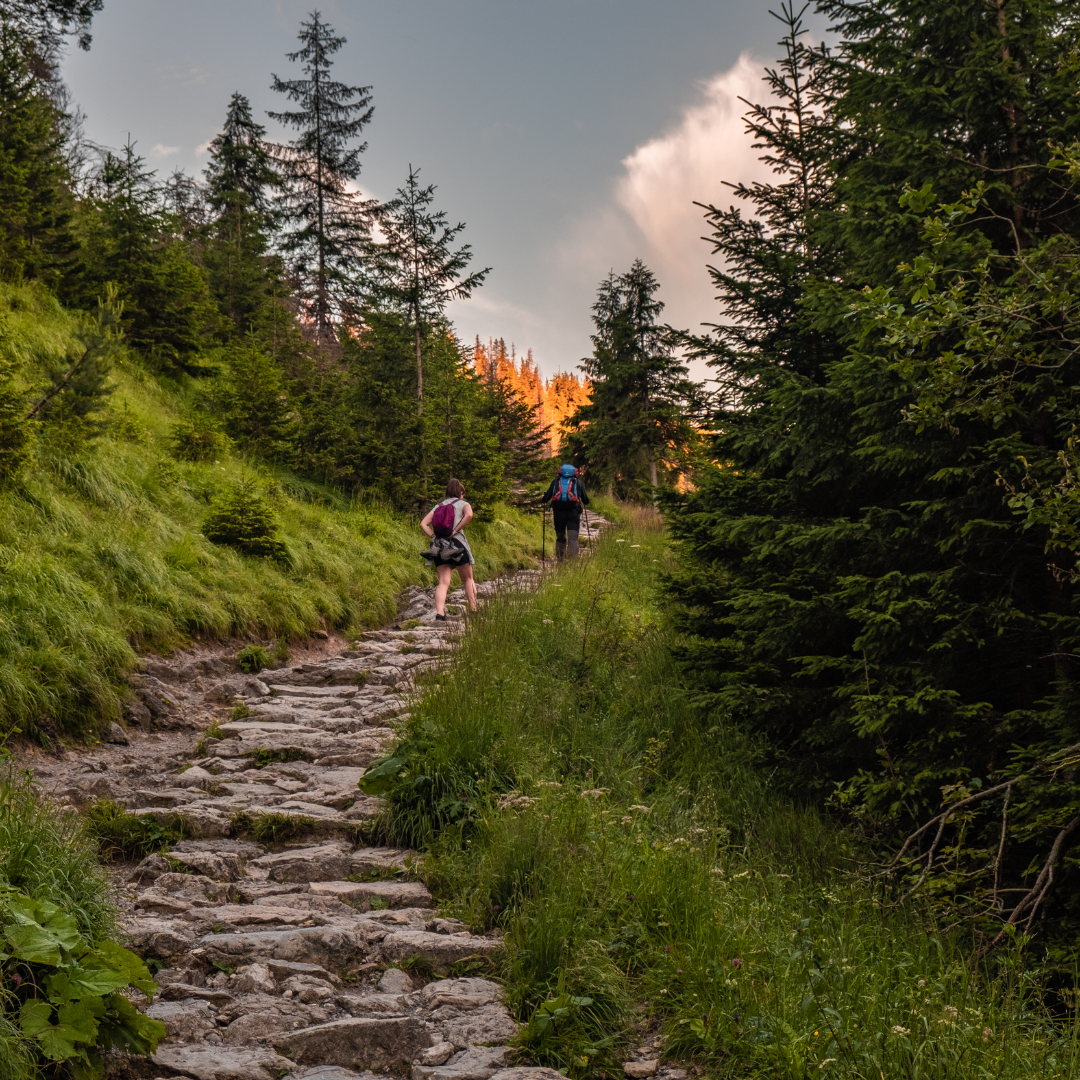
4. Go To A Park, Garden, Nature Preserve Or Local Trail
If you live in an urban area, you might not have much access to parks. But, if you find a park, it’s worth the trip to get away from your busy day-to-day life.
Parks offer a variety of activities that will help you relax while also getting exercise. If you live in the city and don’t have easy access to walking trails, try renting rollerblades or joining a running group.
Spending time in nature has many benefits, and the first way to start is by going to a park or other outdoor space.
Some of the best places to visit are parks, gardens, nature preserves or local trails. If there aren’t any parks near you, these spaces can still be accessed on foot or by bicycle. Of course, spending time outside isn’t always easy.
Sometimes, you might need a break from your day-to-day life but find yourself stuck in an office without access to nature all day.
If this sounds like you, getting creative and using temporary locations around your work area to feel more connected with nature can be beneficial.
For example, take a walk during your lunch break at your desk and bring lunch with you in a cooler so you can take it when you return.
Or if you have space for plants in your workspace, put potted flowers on some shelves for the atmosphere and feel closer to nature without leaving the office.
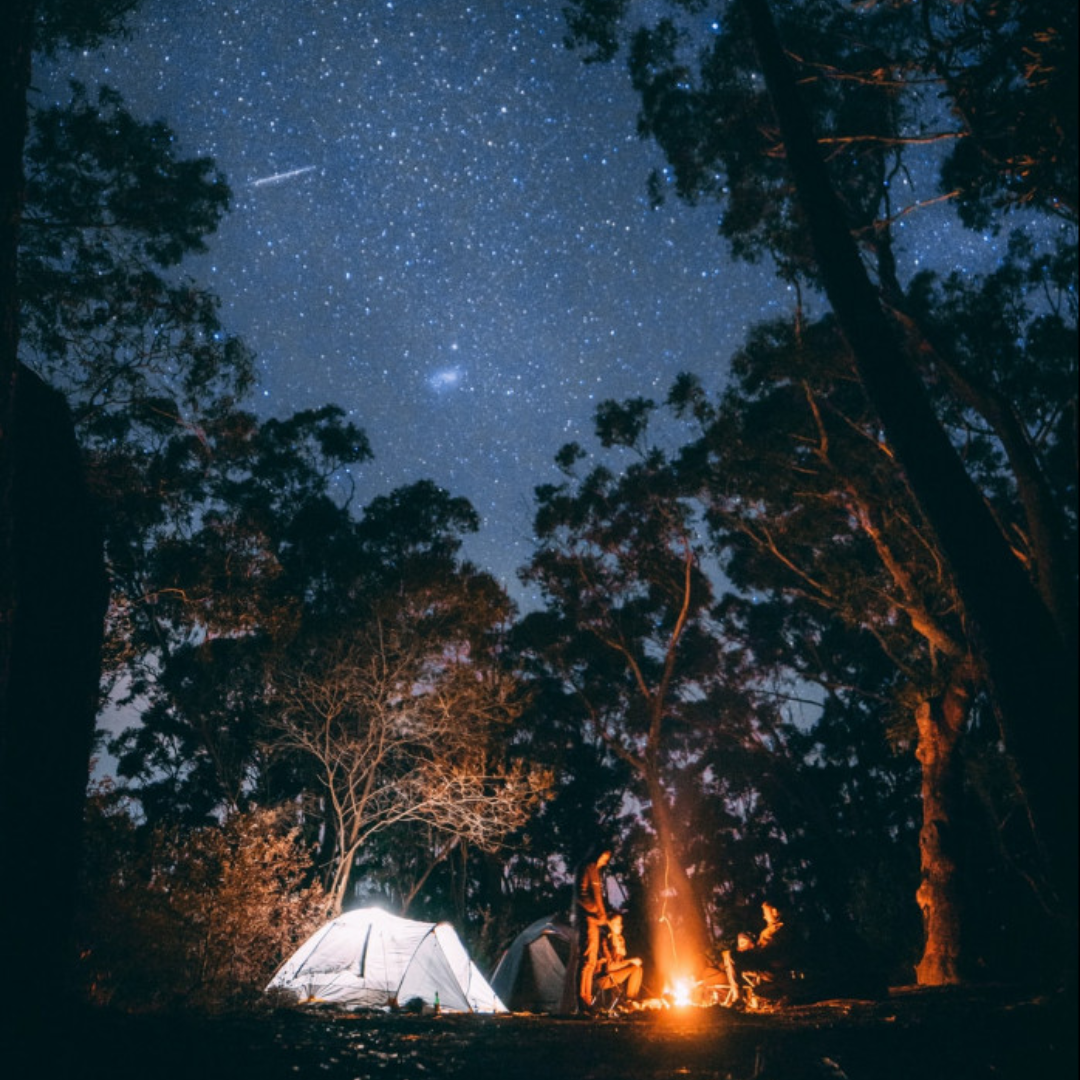
5. Sleep Beneath The Stars
This is a great tip for people who have trouble sleeping at night. Get comfortable, find the darkest spot on the property and set up your tent or hammock.
The dark sky can help your body shut down to fall asleep, and you’ll wake up feeling like you got a good night's sleep.
Spending time in nature offers peace, so use this opportunity for personal time. Relax by sitting in the sun or swimming in a creek.
You must relax, so spend time away from your phone or TV. You can even go on a hike.
One of the best ways to get some rest while in nature is to sleep under the stars, preferably close to a body of water.
But don’t worry if you can't find a good campsite or spot. Find your natural patch of grass and make it work. You'll sleep better, have fewer health problems and feel more refreshed.
Another way to gain peace while in nature is by bringing a friend. Find a buddy or partner to hike with, play Frisbee with, or watch the sunset together.
Together, you can take a moment to decompress from your daily stresses before heading back home.

6. Watch The Sunrise Or Sunset
Find a good spot to view the sky and watch the sunrise or sunset. This is a great way to begin or end your time in nature, which can be especially impactful if you want to unwind and relax after experiencing a stressful day.
There are many other ways to do this in the wild, like watching birds fly or listening to the wind rustling through trees.
When you’re outside, try to catch the sunrise or sunset. It will put you in a peaceful and meditative state.
It will also allow you to watch the sun rise or set without all of the distractions of everyday life, leaving your mind empty for a few minutes.
If you can see it from where you are, it may even help relieve some anxiety or stress that’s been bothering you.
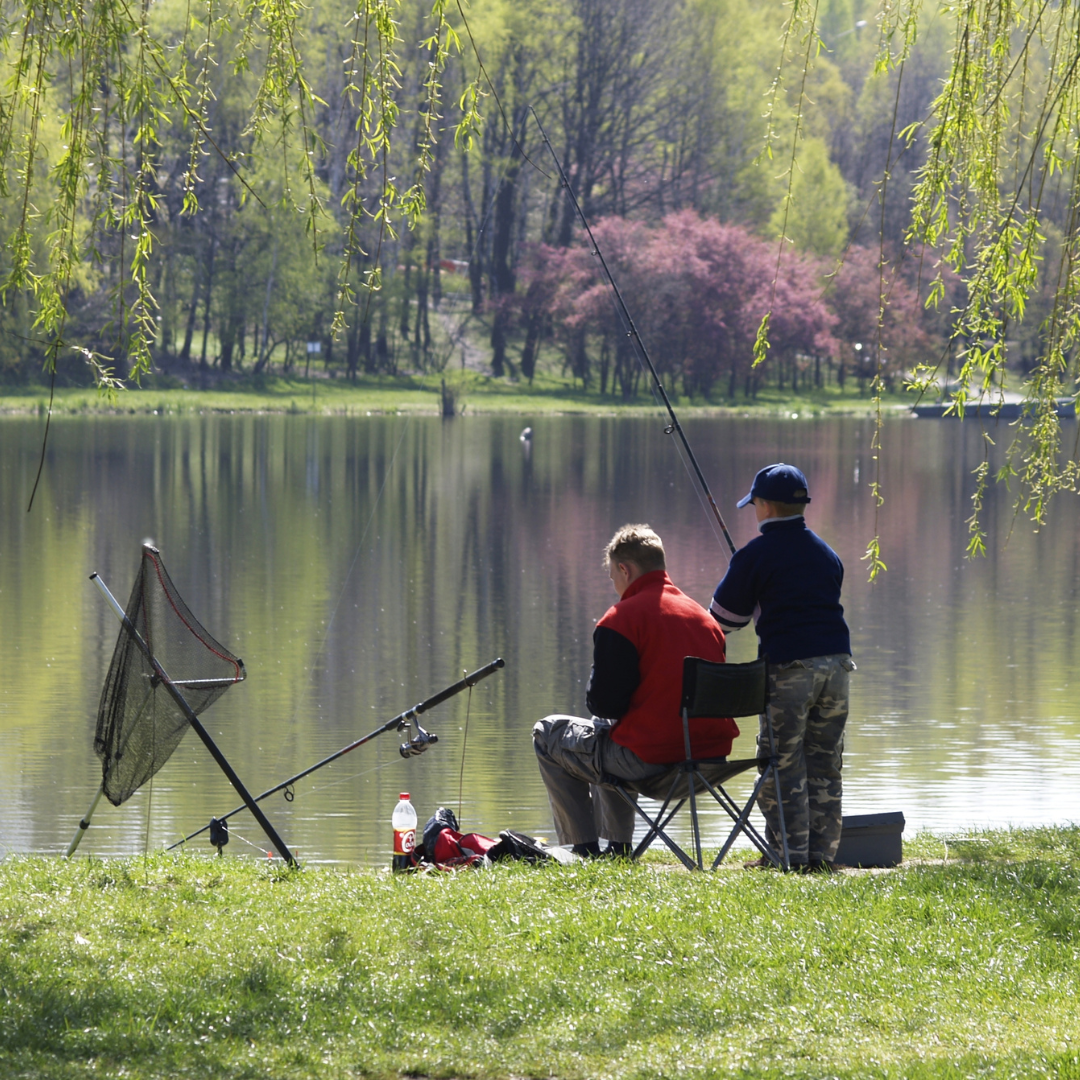
7. Go Fishing
If you like spending some time in nature, why not try fishing? Fishing can be an enjoyable way to unwind and help you relax.
You learn skills that may also help you in other areas of your life. You may even get a little bit of exercise while enjoying yourself outdoors.
Plus, it’s a great way to spend time with your loved ones without getting bored or agitated by electronics.
There’s nothing like the peace and quiet of a relaxing fishing trip. Whether you’re an experienced fisherman or just learning, the experience is worth the time and effort to try it out.
Before you go, plan what to bring: don't forget your fishing license, rod and reel, food, water and fishing line.
As soon as you're done fishing, clean up – don't leave trash or abandoned equipment behind (or in the water) so you can get back to playing immediately.
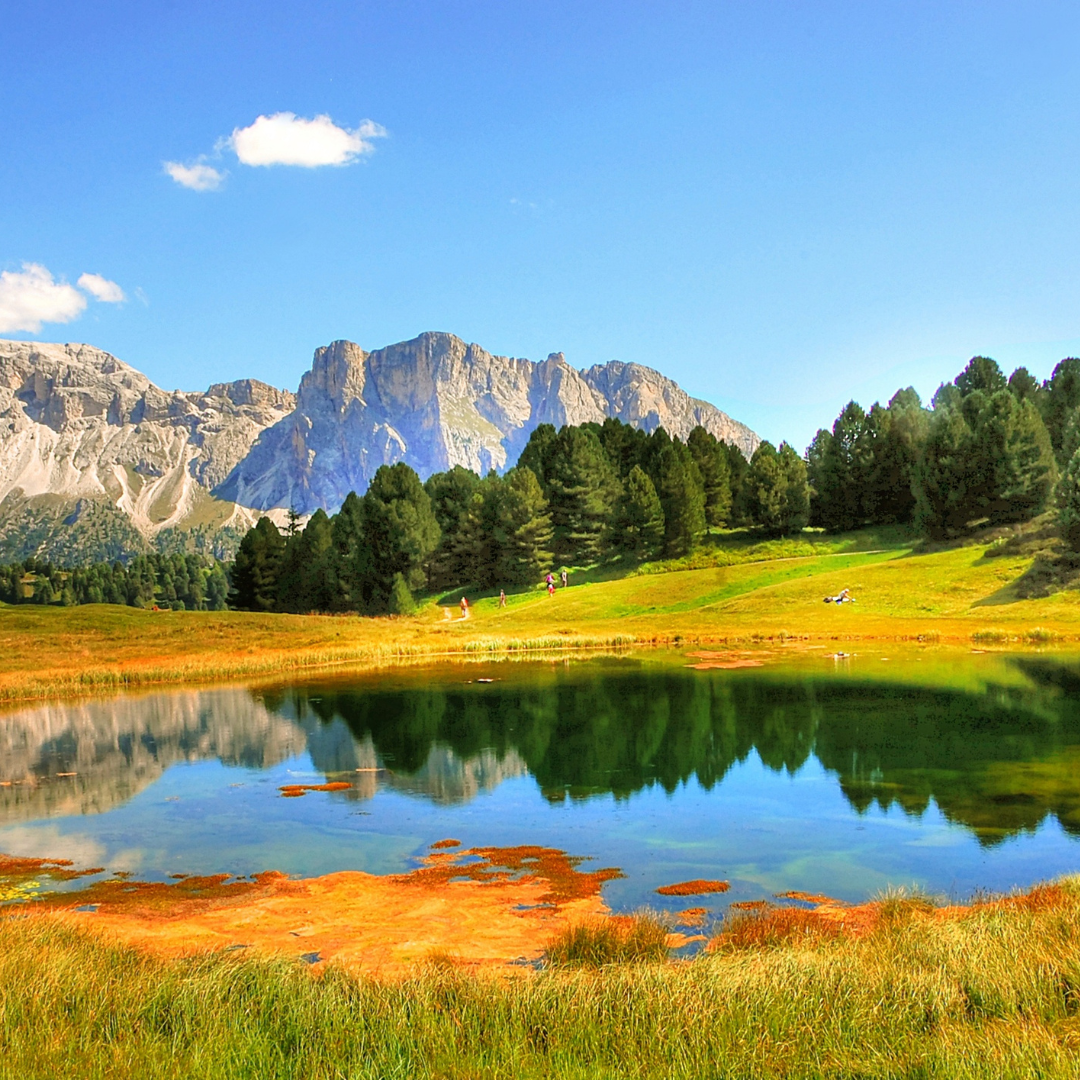
Conclusion
Yes, you can go to the park, garden, or local trail, but the most relaxing and de-stressing thing you can do is go outside. Nature is a great way to be stress-free, see the beauty and find peace.
There are many ways to enjoy nature as well. Take a hike, go camping, or take a day trip to a river or beach. There are many places where you can relax in nature, which can help you feel better.
When in nature, we can take advantage of many benefits — including reduced stress. Nature has been proven to help us relieve anxiety, depression, and even insomnia.
And if you’re looking to find new and exciting ways to relax, this list will give you some ideas to get your mind off things.
But it’s not all about relaxation and peace. Nature also provides exercise and a great way to bond with our family. Head outside and enjoy the beauty that nature has to offer.
I trust you enjoyed this article on the Best Ways To De-Stress And Be Relaxed In Nature. Please stay tuned for more blog posts to come shortly. Take care!
JeannetteZ
>>>Please click here to read my all-inclusive article about Lessons That Will Teach You All About Stress<<<
>>>Are you interested in Natural Healing And Stress Relief through Herbs? Please click here for my #1 Recommendation<<<
Your Opinion Is Important To Me
Thoughts? Ideas? Questions? I would love to hear from you. Please leave me your questions, experiences, and remarks about this article on the Best Ways To De-Stress And Be Relaxed In Nature in the comments section below. You can also reach me by email at Jeannette@Close-To-Nature.org.
Disclosure
This post may contain affiliate links. I earn from qualifying purchases as an Amazon Associate and other affiliate programs. Please read my full affiliate disclosure.
You might also enjoy these blog posts:
How To Prepare To Plant A Vegetable Garden
The Most Stressful Cities In The World
Why Is Wildlife Important And How Can We Protect It
How Nature Impacts Our Wellbeing

